Germs live everywhere. You can easily find germs in the air, on food, plants as well as animals, and on top of every other surface, including your body. Most germs will not harm you. However, some germs are tough enemies because they are constantly changing to violate your immune system’s defenses. How germs work can increase your chances of avoiding infections. In today’s article, we are going to talk about what is a bacterial infection.
Infectious agents come in a variety of shapes as well as sizes. Categories include:
- Bacteria
- Virus
- Fungi
- Protozoans
- Helminths
- Bacteria
Not all bacteria are harmful, and some bacteria that live in your body are not helpful. For example, Lactobacillus acidophilus is a harmless bacterium that lives in your gut – helps you digest food, destroy certain pathogens, and provides nutrients. Viruses are much smaller than cells. In fact, viruses are simply capsules that contain genetic material to reproduce, viruses invade cells in your body, hijacking the machinery that makes cells work.
Viruses are responsible for many diseases, including:
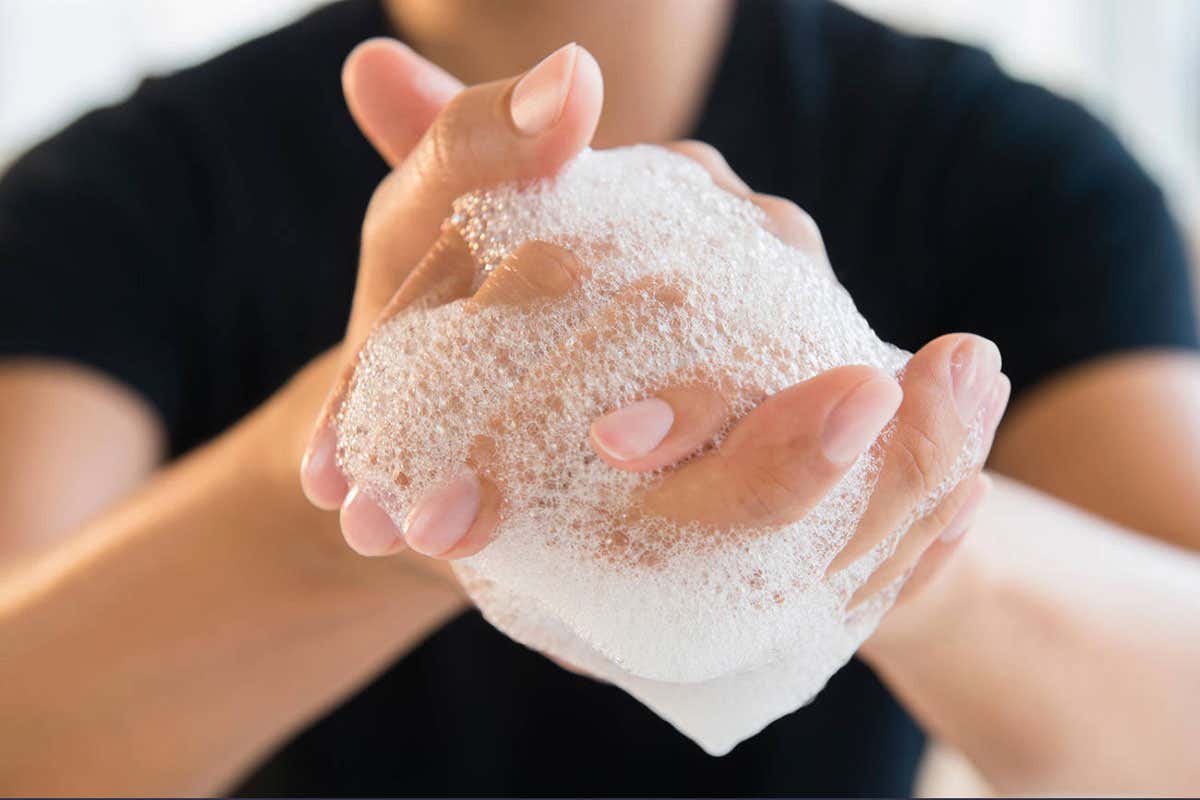
source: newscientist.com
- AIDS
- Common cold
- Ebola virus
- Genital herpes
- Influenza
- Chickenpox and grandparents
Fungi:
There are different types of fungi, and we eat several of them. Mushrooms are fungi, as molds form blue or green veins in certain types of cheese. And yeast, another type of fungus, is an essential ingredient in most types of bread
Other fungi can cause illness. An example is Candida, a yeast that causes infections. Candida can cause thrush – infections of the mouth and throat – in children and people taking antibiotics or those with impaired immunity. Fungi are also responsible for skin conditions such as fungal infections of the feet and ringworm.
Protozoans:
Protozoans are unicellular organisms that behave like tiny animals – preying and collecting other germs for food. Many protozoans call your intestinal tract home and innocuous. Others cause disease, such as:
- Malaria
- Toxoplasmosis
Helminths:
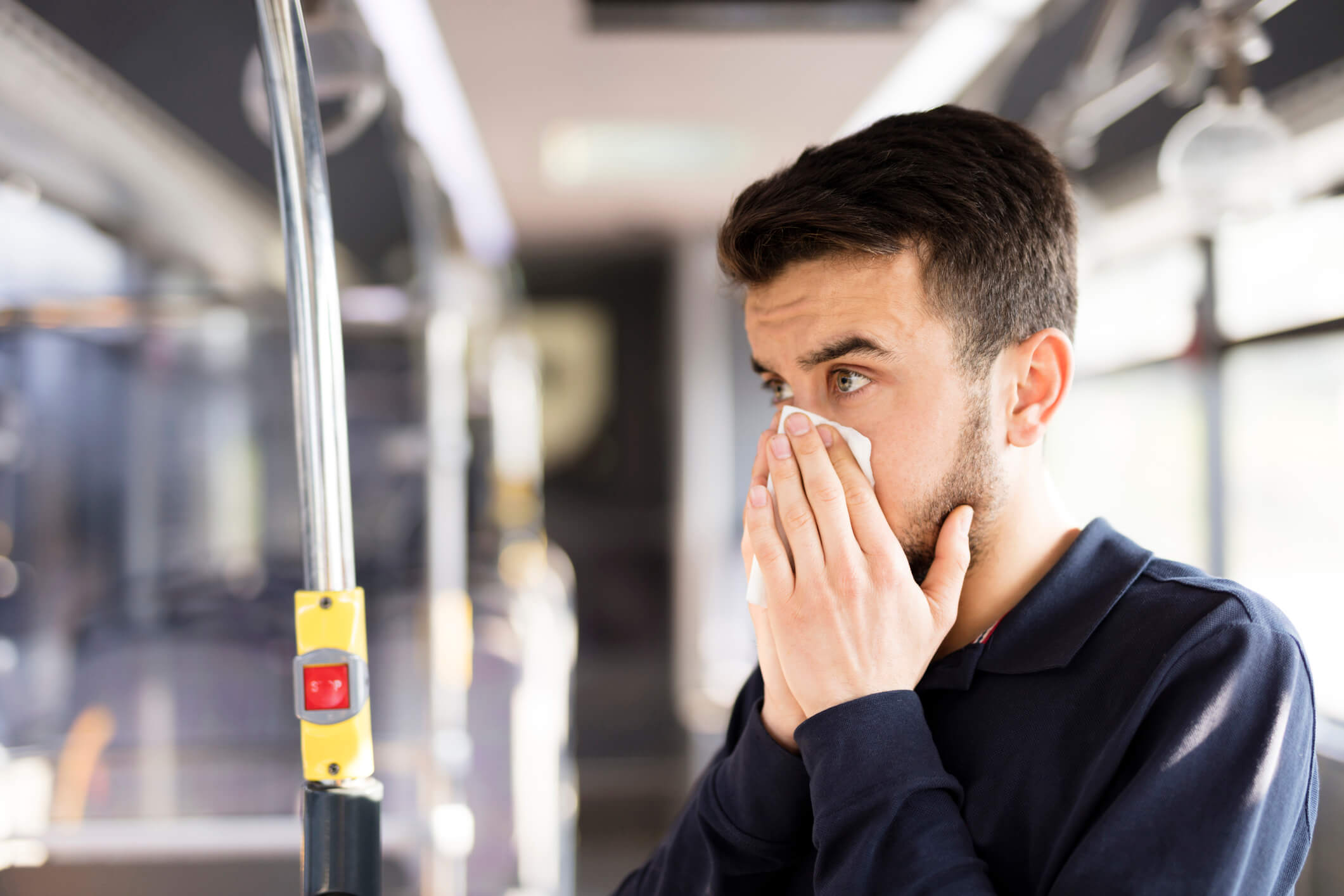
Helminths are one of the larger parasites. The word “helminth” comes from the summer term insects. These parasites – or if their eggs enter your body, live in your intestinal tract, lungs, liver, skin or brain, where they are nourished by your body. Helminths include tapeworms and roundworms.
Understanding bacterial conjunctivitis, versus disease there is a difference between infection and disease. Infection often occurs in the first stage when the disease is caused by bacteria, viruses or other germs that enter your body and start multiplying. Infection occurs when the cells in your body are damaged – and any signs and symptoms of the disease appear.
In response to infection, your immune system is effective. A force of white blood cells, antibodies, and other mechanisms work to rid your body of what is causing the infection. For example, your body may react with fever, cough, and sneezing to fight a common cold.
Stopping germs and proteus bacteria. You will prevent infection through any common strategies, like washing your hands regularly, always try to avoid close contact with sick people, cleaning frequently touched surfaces, avoiding contaminated food and water, getting vaccinated, and taking appropriate medications.
Wash your hands thoroughly before preparing or eating food, after coughing or sneezing, after changing diapers, and after using the toilet. When soap and water are not available, alcohol-based hand-sanitizing gels can provide protection.
Vaccination is your best line of defense for some diseases. Protect yourself from a bacterial skin infection.
If you suspect that you have an infection and you have experienced it, seek medical attention:
- An animal or a human bite
- Difficulty breathing
- A cough lasting longer than a week
- Periods of rapid heartbeat
- Swelling
- Blurred vision or other difficulty seeing
- Persistent vomiting
- An unusual or severe headache
You can have your doctor’s diagnostic tests to determine if you are infected, the severity of the infection, and how to treat that infection. Understanding how the infection is transmitted can help you avoid getting sick.
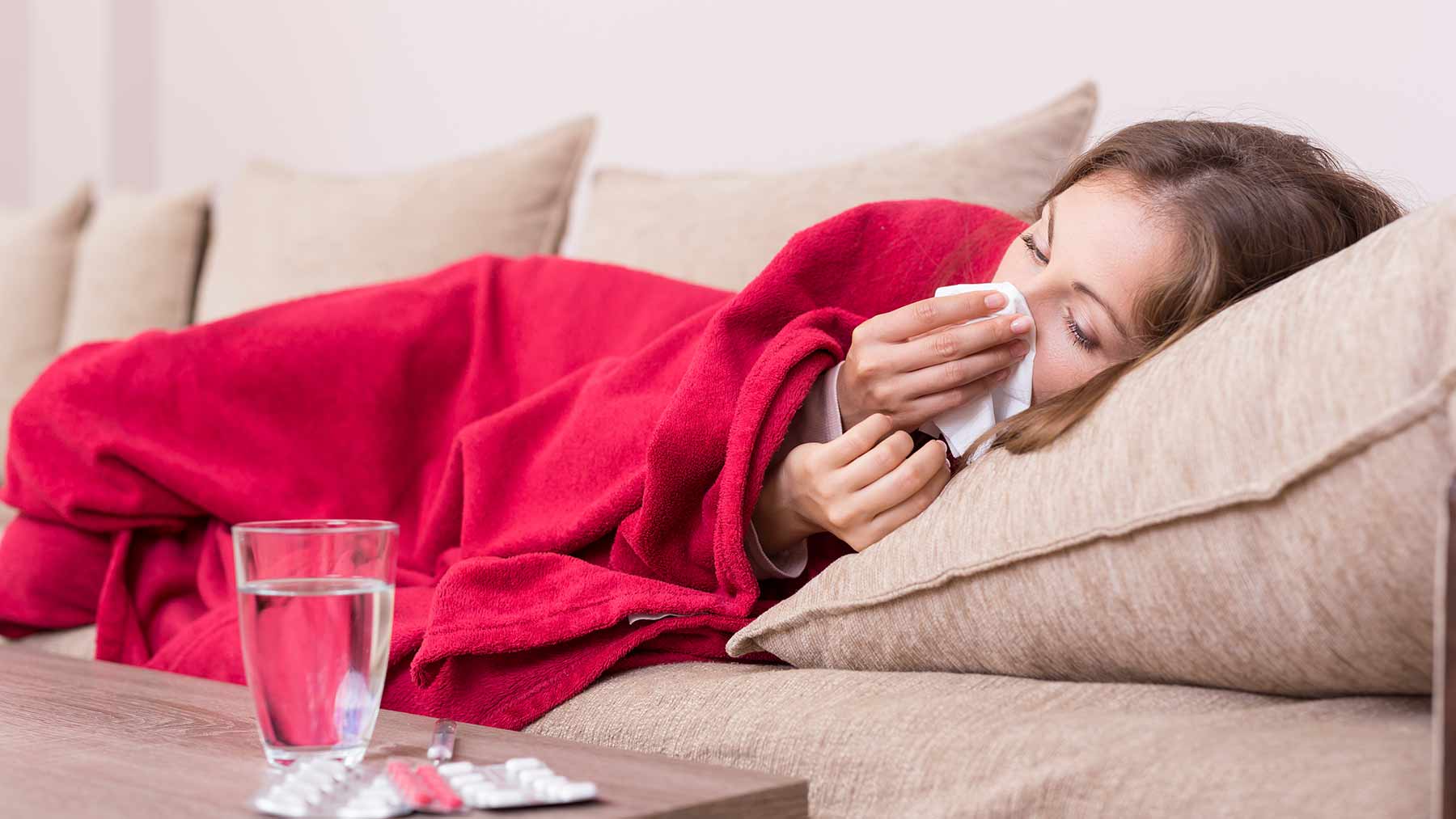
source: wexnermedical.osu.edu
Not too long ago, no one realized that infectious diseases were caused by tiny organisms that transmitted from person to person. Still, although we know that microscopic living germs cause disease, it is not always clear how they do it.
However, we know that most microorganisms enter the body through openings – passages through our nose, mouth, ears, anus and genitals. They can also be transmitted through insects or animal bites through our skin. The best way to prevent infection is to prevent germs from entering the body.
Good hygiene:
- The first line of defense is to get rid of germs by following personal health habits. Prevent it before the infection starts and avoid spreading it to others with this simple measure.
- Wash your hands well. You will probably wash your hands after using the bathroom, before preparing or eating, and after gardening or other dirty work. Your nose should be rinsed after blowing, coughing, or sneezing; Feeding your pet or stroke; Or meeting or caring for a sick person. Wet your hands well.
- Lighten with soap or cleanser and rub it on the palms of your hands and wrists and back. Be sure to clean your fingers under your nails and between your fingers. Rinse under running water. Dry your hands and wrists well.
- When sneezing or coughing, cover your face and nose with a tissue, then dispose of it. If the tissue does not work by hand, it coughs or sneezes at the elbow rather than your hand. Wash and bandage all cuts. Any severe cuts or animal or human bites should be examined by a doctor.
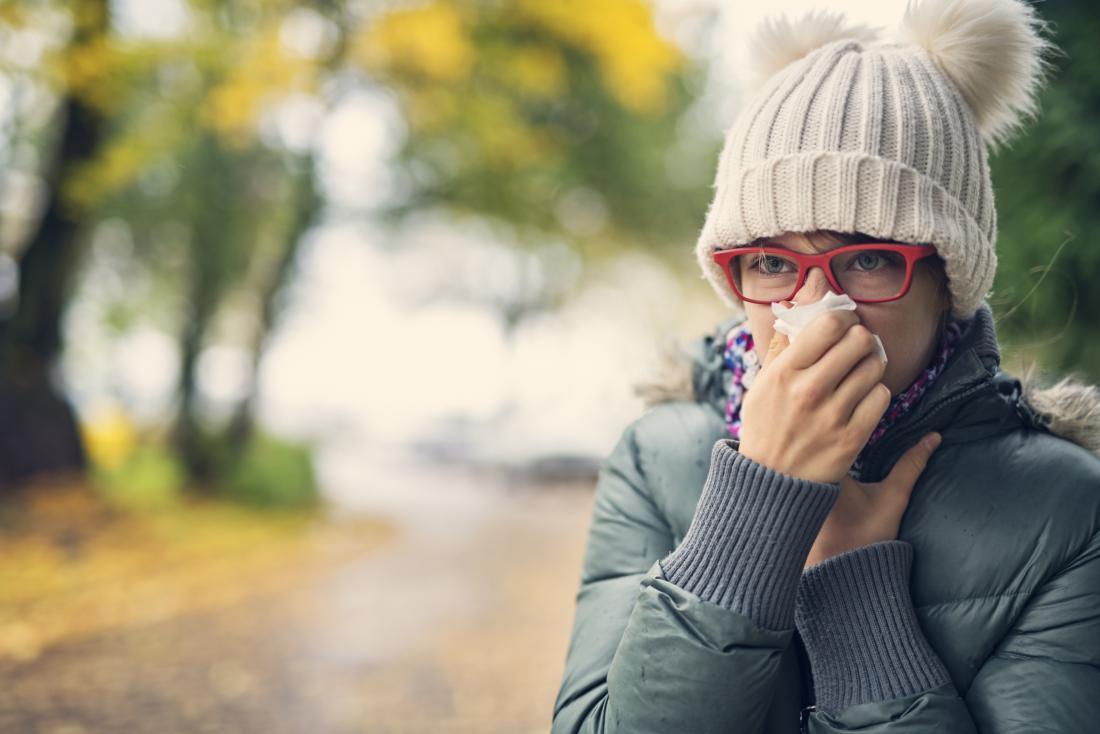
source: medicalnewstoday.com
- Do not cut the wound or scar or take the rash to heal the wound. Do not share dishes, glasses, or utensils. Always avoid direct contact with napkins, tissues, handkerchiefs, or any similar items used by others. Practice good food-protection strategies to avoid getting sick.
- Although foodborne infections are not dangerous in most cases. You can protect your family from foodborne infections by safely preparing and storing food. The following precautions will help kill the microorganisms present in the food you buy and prevent new germs from entering your food at home
- Wash all meats, poultry, fish, fruits, and vegetables under running water before cooking or serving. Separate raw foods and cooked foods. Do not use in the same container or cut boards with cooked meat used to prepare raw meat without washing in use. Thoroughly cook the meals using a meat thermometer to make sure the whole poultry is cooked at 180 degrees Fahrenheit.
- Defrost food only in the refrigerator or microwave. Whether you are young or young at heart, vaccination is an essential part of staying healthy. While vaccines can cause some common side effects such as a temporarily sore arm or low fever, they are usually safe and effective.
- Vaccinations are necessary if you want to avoid getting sick. Always consult your healthcare provider about your immunization status.
- Infants should receive the recommended childhood vaccine. When traveling abroad, check with your healthcare provider about additional immunizations.
- Make sure pet’s vaccines are up to date. As well as protecting your pet, it will also protect you and your family. Be careful when traveling. If you are planning a trip, ask your doctor if you need any vaccines. You need to discuss your travel plans with your doctor at least three to four months before you leave.
- If you are traveling to a place where insect-borne diseases are present, take and use an insect repellent including DEET. In many tropical areas, mosquitoes can carry malaria, dengue, yellow fever, Japanese encephalitis, or other serious infections.
- Avoid getting any unnecessary shots, vaccinations, or tattoos abroad. Needles and syringes (even disposables) are reused in some parts of the world.
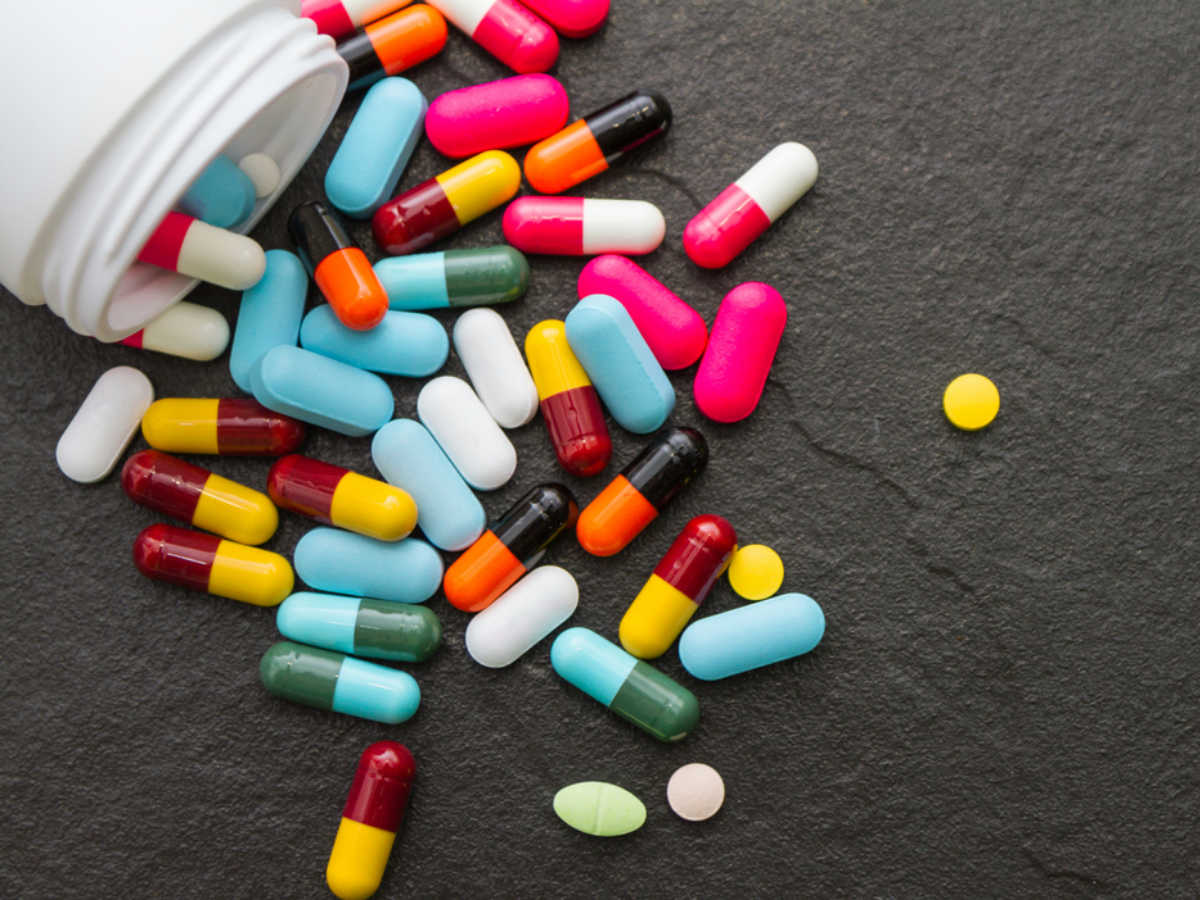
source: timesofindia.indiatimes.com
- Drink only safe bottled beverages with soft caps such as soft drinks or bottled water Dr Be aware that some fruit juices may be made with uninterrupted local water. Use bottled or you can also use boiled water to brush your teeth. Don’t eat cooked vegetables with lettuce; Don’t eat fruit that you haven’t peeled yourself.
- Do not take dairy foods; milk may not be pasteurized. But how can you prevent infection by sexually transmitted infections? The only sure way to prevent sexually transmitted infections is to avoid sexual intercourse or other sexual intercourse.
- Iding to avoid germs. Mosquitoes and ticks are both carriers of viruses and bacteria.
- While it is true that most mosquitoes in northern climates do not transmit the disease, some say. Within a decade, the West Nile virus has spread throughout the United States and Canada. There are also several forms of mosquito-borne encephalitis in North America.
- Tropical diseases pose a threat if the mosquitoes that carry them travel by boat or spread from North America to North America. Zika virus infection, for example, which is prevalent in the tropics, is now a growing problem in Florida. Officials now fear that mosquito-borne illness will likely set a new foothold in Florida, where waterlogging and wetlands create favorable mosquito breeding grounds.
- Ticks can cause a wide range of infections, including widespread and tick-borne encephalitis and Lyme disease. They live in grassy and brushed areas and are most common in wet asons. A common hiding place is wet leaves. They often attack animals, including field mice and deer. And these can be moved into your home by your pet.
The following can help prevent infection from bug bites:

Use insect repellents approved by the DEET, Picaridin or Lemon Eucalyptus Oily Environmental Protection Agency. If the mosquito bites you, reapply the repellent.
Outdoor activity is limited during the morning and evening peak mosquito hours in the morning. Discard any standing water near your home to prevent mosquito breeding.
If you plan to spend time in a place where ticks are common even in your backyard, wear light-colored clothing so that the ticks can be spotted and removed before they are attached. When moving on the trail, stay in the middle of the trail to avoid ticks from bushes and brushes. You come back and check your clothes and body for the lizard. Check your pet before it enters the house.
If a tick is attached to you or your pet, hold it tightly with tweezers near the tick’s mouth and pull it steadily. Thoroughly clean the tick area with antiseptic. Watch this area closely for a few weeks for signs of a rash or swelling.
Use of animal control to prevent infection
Controlling rats or rat populations around your home to help you avoid pathogens spread by rats.

source: thespruce.com
Rodents can take refuge in a number of pathogens, including lymphocytic choriomeningitis virus, leptospirosis, plague, and hantavirus. Other wild animals can also be infected with rabies and other infections. The following steps can help you avoid getting sick from animal-borne diseases:
Keep food and garbage in covered, rod proof containers. Seal holes and cracks in your home to prevent rats from entering. Clean brushes and junk away from the foundation of your home. Do not move dust in rust-affected areas. Instead, wet-mop or sponge and treat with disinfectant. When out, don’t bother the rat bars or handle rats.
Consult a pest control specialist if your rat problem is acute or persistent.
Stay clean from wild animals. Many wild animals, including raccoons, scorpions, bats, foxes and quails, can spread rabies to humans by biting.
So these are the few tips to save yourself from bacterial infection at Live Enhanced. We hope these will help you to protect yourself.



